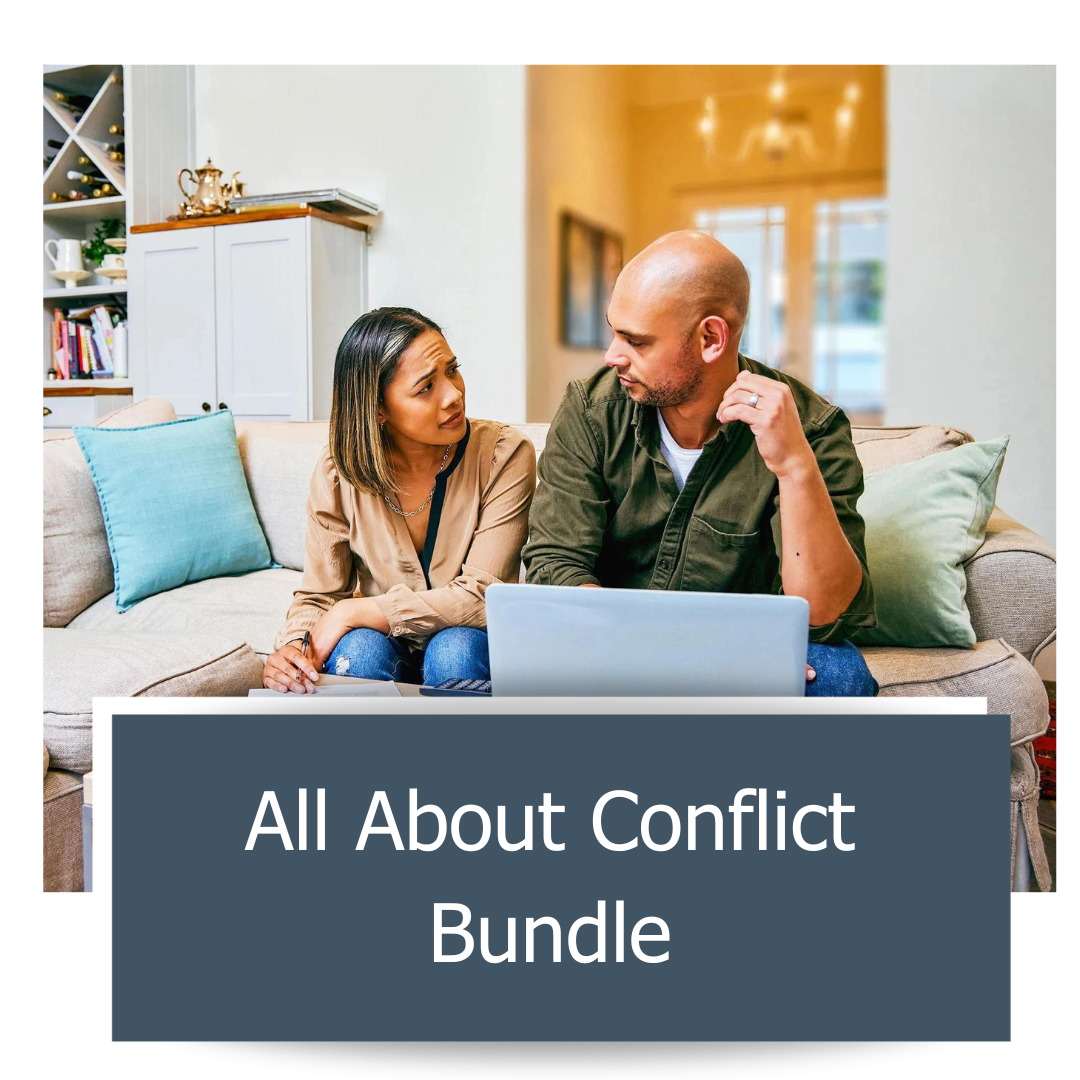Disagreements are an inevitable component of all relationships. No two people are identical in thought and belief patterns, regardless of how similar they might be. Even in the strongest relationships, conflicting needs and opinions arise from time to time. Avoiding conflict is therefore an uphill battle, so instead, learn how to navigate these challenges in more effective and compassionate ways.
Often during disagreements, you might think: ‘If only they would listen to what I’m really saying’ or ‘I wish they would see things from my point of view.’ It is understandable that you yearn to be heard and understood; however, perhaps flip this lens around for a moment: ‘How can I listen more closely? How can I start to understand my partner’s point of view in a new way?’
None of this is to say that you cannot or should not also ask to be listened to with care and respect. However, let’s consider your own capacity for mindful listening. How can you practice listening in ways that help your relationship effectively move through whatever conflict or challenge it’s facing? Chances are, as you strengthen your capacity to listen more mindfully to others, you will start to receive the same in return.
Approach with curiosity
If you arrive in conflict assuming that you already know exactly how another person is thinking and feeling, you close yourself off from discovering something new about your partner’s perspective. Cultivating curiosity is about meeting your partner (or anyone) with a sense of openness and a willingness to learn. Practice this by asking for more details, seeking clarification where needed, and mindfully noting any assumptions or judgments held.
Tune into your inner silence
As Oren J. Sofer writes, “To truly listen depends on a kind of inner silence. It requires that we empty ourselves and make space to receive something new.” Tuning into your inner silence is not about denying your own needs, feelings, or beliefs. Rather, it is about setting your own views aside for a time to better understand the experience of another. If the mind races while your partner speaks, you can come back to your inner silence simply by noticing your breath and then returning open attention to the person.
Listen to understand rather than to respond
What is your intention when listening? Are you listening to understand or to respond? It is not uncommon when someone is speaking to formulate a counter argument. However, true listening requires presence and a yearning to understand. Moving into a place of understanding does not mean condoning a particular behavior or agreeing with a certain belief; it simply means you are open to seeing where another person is coming from. It is indeed possible to understand and to validate without agreeing.
Cultivate heart-centeredness
Lastly, one of the most important practices for mindful listening is cultivating heart-centeredness. Sometimes, approaching an argument or discussion with care and compassion is difficult, yet the more you practice, the easier this becomes. When you disagree with someone you love, you can:
- Take a moment’s pause, perhaps inviting the person you’re with to do the same.
- Close your eyes and take a long, deep breath.
- Then, draw your attention to the heart space, simply letting your awareness rest there for 30-60 seconds.
- With your attention on the heart space, tap into your love and care for the person. Can you recommit to finding a way for both sides to be seen, heard, and held?
After this mindful pause, return to the conversation. Notice if anything has shifted. More often than not, this simple heart-centered practice greatly shifts the energy of the discussion, imbuing the dialogue with increased calm, patience, and presence.
When practicing mindful listening, it is important to note that you won’t always manage it perfectly. Human relationships are complex and dynamic, but the more you practice tuning in with presence, openness, and care, the easier it becomes to navigate conflict effectively. Furthermore, as you practice mindful listening from your end, you might just find that you naturally and effortlessly invite others to do the same. When both sides are open to listening and understanding, conflict loses its charge, instead becoming an opportunity for wonderfully profound, mutually enhancing growth.










